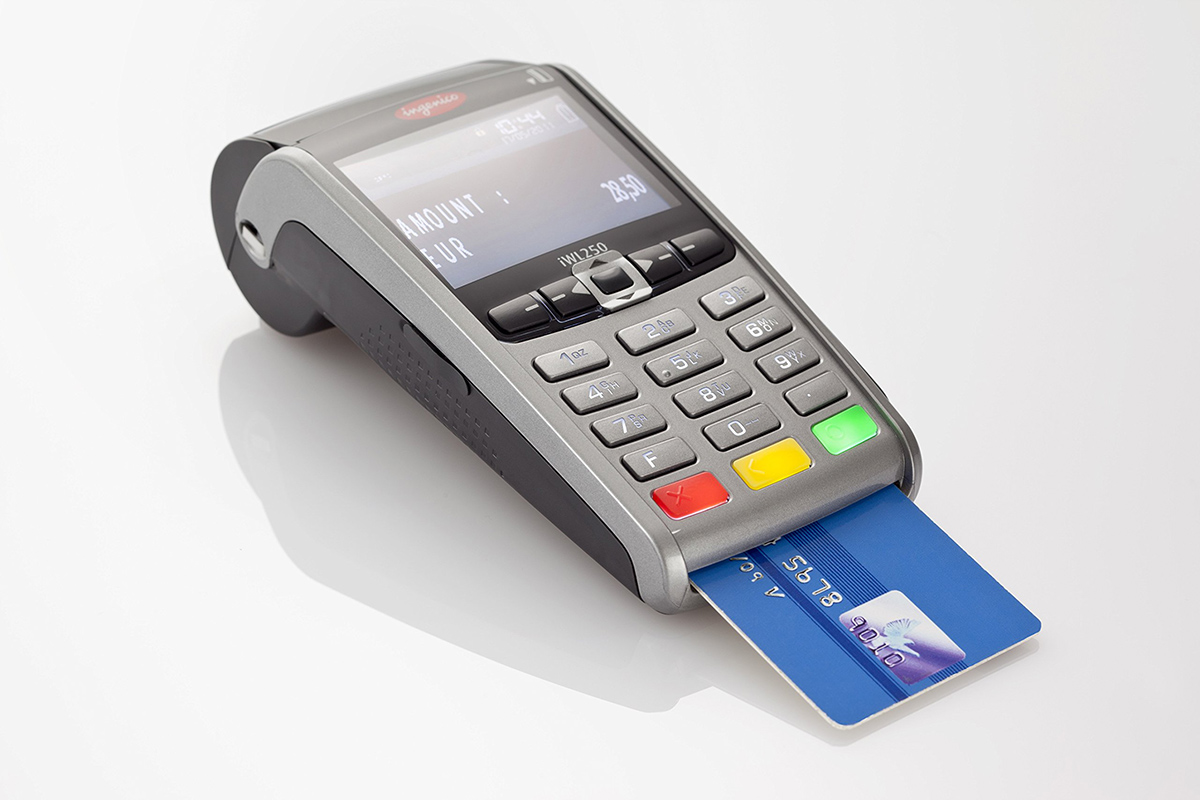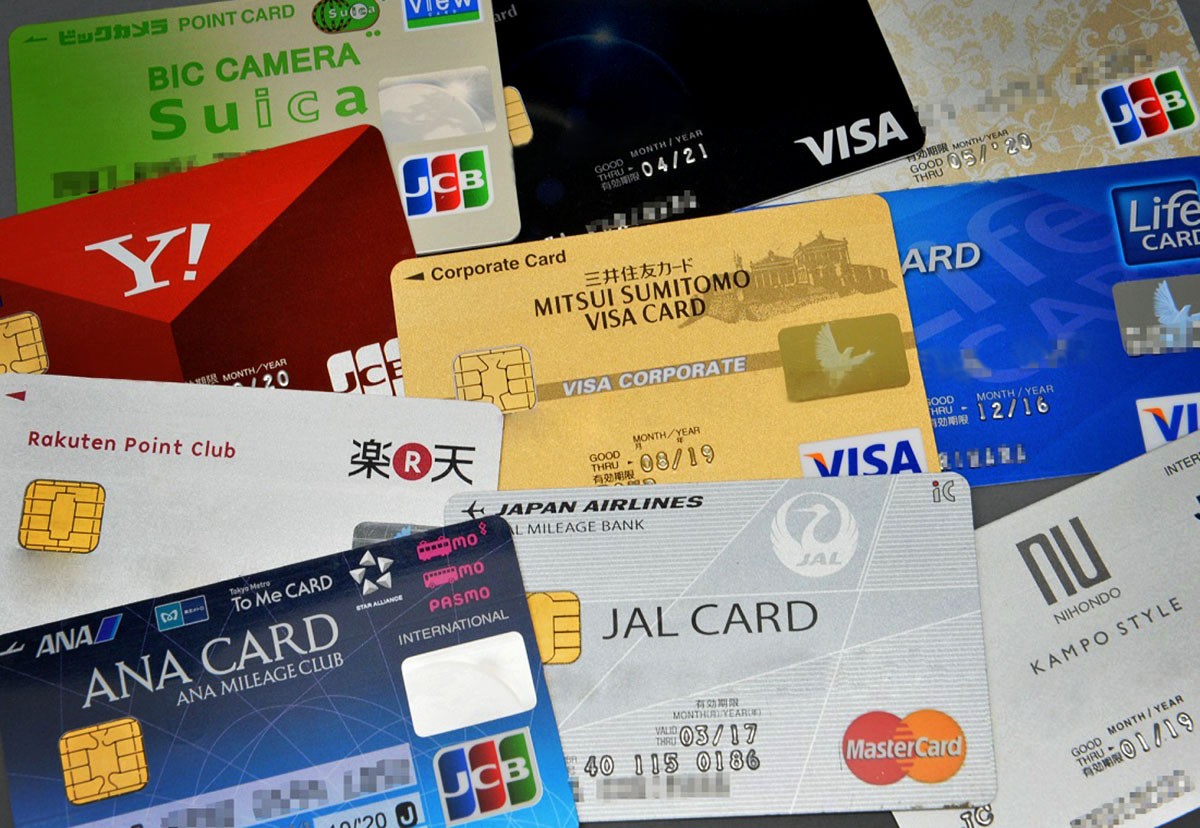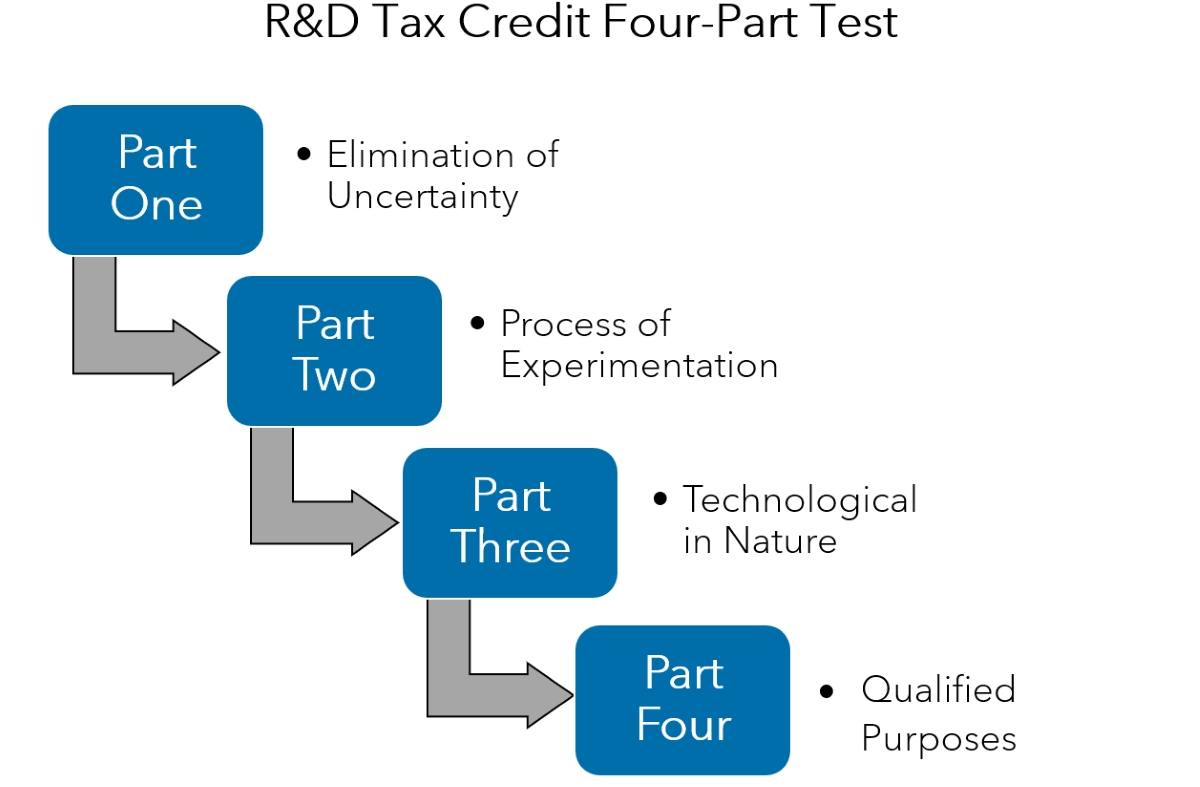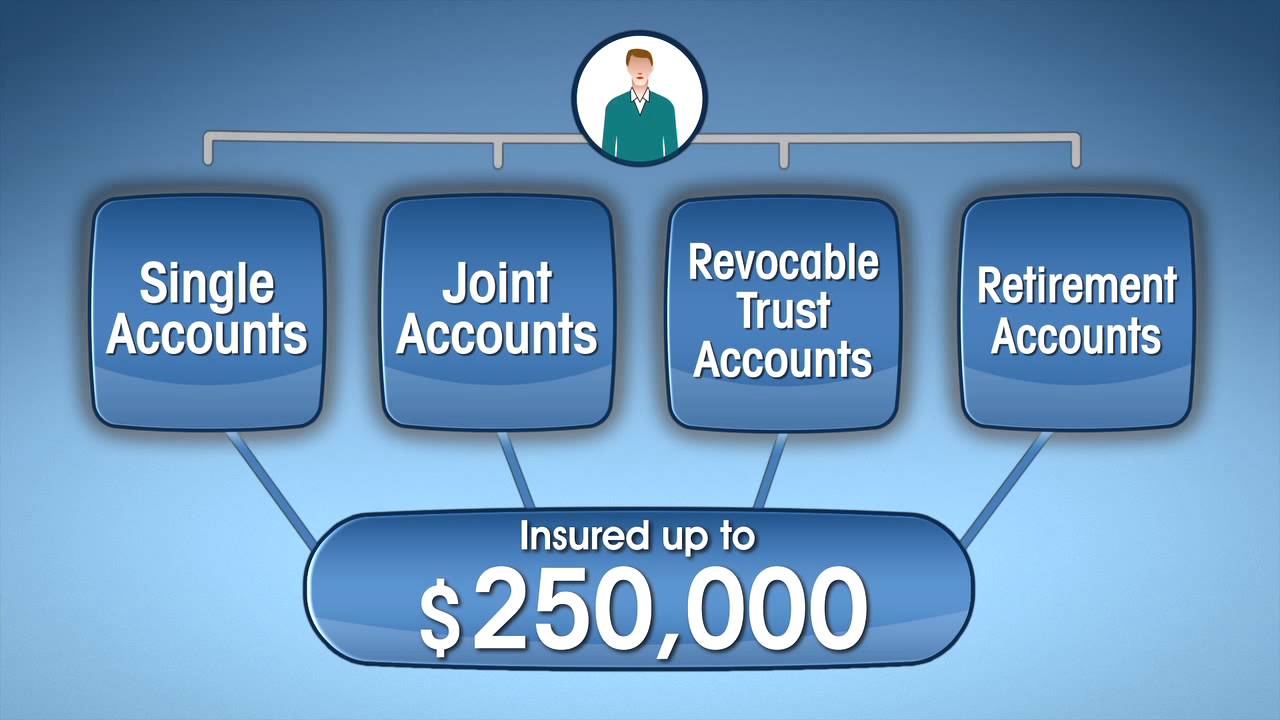

Finance
How To Get A Second Credit Card
Published: November 6, 2023
Learn how to successfully apply for a second credit card and manage your finances effectively. Enhance your financial flexibility and increase your credit card benefits with these expert tips.
(Many of the links in this article redirect to a specific reviewed product. Your purchase of these products through affiliate links helps to generate commission for LiveWell, at no extra cost. Learn more)
Table of Contents
Introduction
Having a credit card can be a valuable financial tool that offers convenience and flexibility. It allows you to make purchases, build credit history, and enjoy various benefits and rewards. But what if one credit card isn’t enough to meet your financial needs and goals? This is where getting a second credit card can come in handy.
A second credit card can provide you with additional purchasing power, better rewards programs, or simply serve as a backup option for emergencies. However, before diving into the world of multiple credit cards, it’s essential to have a clear understanding of the benefits, factors to consider, and the steps involved in obtaining a second credit card.
In this article, we will explore why having a second credit card can be advantageous, the important factors to consider before applying for one, and the steps you need to take to successfully obtain a second credit card. Additionally, we will discuss how to compare different credit card options and share tips on managing multiple credit cards effectively.
Whether you’re looking for better rewards, increased credit limits, or improved financial flexibility, understanding the process of acquiring a second credit card can help you make informed decisions that align with your financial goals.
Benefits of Having a Second Credit Card
Getting a second credit card can offer a range of benefits that can enhance your financial situation. Here are some key advantages to consider:
- Increased purchasing power: Having a second credit card means having access to a higher credit limit. This can be particularly useful for larger purchases or unexpected expenses that may exceed the limit of your primary card.
- Diversified rewards programs: Different credit cards offer various rewards programs, such as cashback, travel rewards, or points redeemable for merchandise. Having a second credit card allows you to take advantage of multiple rewards programs, maximizing your potential to earn valuable perks.
- Bonus sign-up offers: Many credit card issuers offer enticing sign-up bonuses to attract new customers. By applying for a second credit card, you can take advantage of these bonuses, which often include introductory 0% APR periods, cashback rewards, or bonus points.
- Better utilization ratio: Your credit utilization ratio, which compares your credit card balances to your total credit limit, is an important factor in determining your credit score. By spreading your expenses across two credit cards, you may be able to lower your overall credit utilization ratio, potentially improving your credit score.
- Emergency backup: We all encounter unexpected financial emergencies from time to time. Having a second credit card provides an additional safety net in case your primary card is lost, stolen, or compromised. It can ensure you have access to funds when you need them the most.
While the benefits of a second credit card can be enticing, it’s crucial to carefully consider your financial situation and goals before applying for one. It’s essential to understand the factors to consider and to ensure that you can handle the responsibility of managing multiple credit cards effectively.
Factors to Consider Before Getting a Second Credit Card
Before jumping into the process of obtaining a second credit card, it’s important to evaluate certain factors to ensure it aligns with your financial goals and responsibilities. Here are some key considerations to keep in mind:
- Your financial situation: Assess your current financial standing, including your income, expenses, and existing debts. Make sure that you have a stable income and can handle the financial responsibilities of an additional credit card.
- Credit score: Your credit score plays a significant role in determining whether you qualify for a credit card and what terms and conditions you may receive. Before applying for a second credit card, check your credit score and ensure it is in good standing to increase your chances of approval and favorable terms.
- Interest rates and fees: Understand the interest rates and fees associated with the second credit card you are considering. Compare them with your existing credit card and evaluate if the benefits outweigh the costs. Look for low or 0% introductory APR offers and consider if the rewards or perks justify any annual fees.
- Rewards and benefits: Consider what type of rewards, perks, or benefits you are looking for in a second credit card. Determine if the rewards align with your spending habits and preferences. For example, if you frequently travel, a card with travel rewards or airline miles might be a good fit.
- Credit utilization and available credit: Analyze your current credit utilization ratio and available credit. Adding a second credit card can help improve your credit utilization ratio if you tend to use a high percentage of your available credit. However, be mindful not to take on too much credit that may impact your ability to manage payments.
- Impact on credit history: Applying for a new credit card may result in a hard inquiry on your credit report, which can have a temporary negative impact on your credit score. Consider how this may affect your creditworthiness and any upcoming credit applications you may have.
By carefully assessing these factors, you can make an informed decision about whether obtaining a second credit card is the right choice for you. It’s essential to choose a credit card that aligns with your financial goals and supports your financial well-being.
Steps to Get a Second Credit Card
Obtaining a second credit card requires a systematic approach to ensure a smooth application process. Here are the steps involved in getting a second credit card:
- Evaluate your needs: Determine why you want a second credit card and what specific features or benefits you are looking for. This will help you narrow down your options and choose a card that aligns with your goals.
- Research credit card options: Conduct thorough research and compare different credit card options available in the market. Take into consideration factors such as interest rates, rewards programs, annual fees, and any introductory offers. Websites and online resources often provide detailed information and reviews on various credit cards.
- Check your credit score: Request a copy of your credit report and check your credit score. A good credit score increases your chances of approval and better terms. If your credit score needs improvement, consider taking steps to boost it before applying for a new credit card.
- Pre-qualification: Some credit card issuers provide pre-qualification tools that allow you to check if you are likely to be approved for their cards without impacting your credit score. Utilize these tools to narrow down your options and focus on the cards that are most suitable for you.
- Submit your application: Once you have chosen a credit card, complete the application form accurately and provide all necessary supporting documents. This may include proof of income, identification documents, and address verification.
- Wait for the decision: After submitting your application, the credit card issuer will review your application and assess your creditworthiness. This process may take a few days to a few weeks. Be patient and refrain from submitting multiple applications simultaneously, as this can negatively impact your credit score.
- Activate and start using your card: If your application is approved, you will receive your new credit card in the mail. Activate the card following the issuer’s instructions, and start using it responsibly. Remember to set up automatic payments or reminders to ensure timely payments.
It’s important to note that the specific steps may vary depending on the credit card issuer and their application process. Always read through the terms and conditions and follow the instructions provided by the issuer. By following these steps, you can successfully obtain a second credit card and start benefiting from the advantages it offers.
Comparing Different Credit Card Options
When considering a second credit card, it’s crucial to compare and evaluate different options to find the one that best suits your financial needs and goals. Here are key factors to consider when comparing credit card options:
- Interest rates: Compare the annual percentage rate (APR) of different credit cards. Look for cards with low introductory rates or 0% APR periods, especially if you plan to carry a balance from month to month.
- Rewards programs: Evaluate the rewards and loyalty programs offered by different credit cards. Consider the types of rewards available, such as cashback, travel points, or merchandise rewards, and determine which aligns with your spending habits and preferences.
- Annual fees: Some credit cards may have annual fees associated with them. Consider whether the rewards and benefits of the card outweigh the cost of the annual fee. If you plan to use the card frequently and maximize the benefits, an annual fee may be worthwhile.
- Introductory offers: Many credit cards offer enticing introductory offers, such as sign-up bonuses, introductory APR periods, or bonus rewards. Take advantage of these offers, but also consider the long-term benefits and features of the card beyond the introductory period.
- Credit limits: Compare the credit limits offered by different credit cards. Ensure that the credit limit of the second card aligns with your needs and provides the desired level of financial flexibility.
- Credit card fees: In addition to the annual fee, consider other fees associated with the credit card, such as balance transfer fees, foreign transaction fees, late payment fees, and cash advance fees. Assess whether these fees align with your usage patterns and if they can be effectively managed.
- Additional benefits: Some credit cards offer additional benefits, such as travel insurance, purchase protection, extended warranties, or airport lounge access. Assess these additional perks and consider if they align with your lifestyle and preferences.
When comparing credit card options, take into account how each card aligns with your financial goals and spending patterns. Pay attention to the terms and conditions, rewards structure, and any limitations or restrictions that may impact your ability to fully utilize the card’s benefits. Ultimately, choose a credit card that provides the most value and aligns with your financial needs and goals.
Applying for a Second Credit Card
Once you have compared different credit card options and selected the card that best suits your needs, it’s time to start the application process for your second credit card. Here are the steps involved when applying for a second credit card:
- Gather necessary information: Before starting the application, gather all the necessary information and documents required by the credit card issuer. This typically includes your personal information, such as your name, address, contact details, and Social Security number.
- Fill out the application form: Visit the credit card issuer’s website or contact their customer service to obtain the application form. Fill out the form accurately, providing all required information, including your employment details, income, and any existing credit card accounts you have.
- Submit supporting documents: Some credit card issuers may require additional documents as evidence of your income, such as recent pay stubs or bank statements. Be prepared to submit these documents, either online or by mail, as requested.
- Review terms and conditions: Read through the credit card’s terms and conditions carefully. Pay attention to details such as interest rates, fees, rewards programs, and any introductory offers. Understanding these terms will help you make informed decisions and avoid any surprises in the future.
- Consent to a credit check: As part of the application process, the credit card issuer will perform a credit check to assess your creditworthiness. By submitting the application, you are giving consent for the issuer to review your credit history.
- Wait for the decision: After submitting your application, the credit card issuer will review your information and credit history. The decision process may take a few days to several weeks. Be patient and refrain from submitting multiple applications simultaneously, as this can negatively impact your credit score.
- Receive the card and activate it: If your application is approved, you will receive the credit card by mail. Activate the card as instructed by the issuer, typically by calling a toll-free number or activating it online. Once activated, you can start using your second credit card for purchases and transactions.
It’s important to note that the application process may vary depending on the credit card issuer. Always read and follow the instructions provided by the issuer and ensure that you understand the terms and conditions before accepting the credit card. By carefully completing the application and adhering to the issuer’s instructions, you can increase your chances of a successful application for a second credit card.
Tips for Managing Multiple Credit Cards
Managing multiple credit cards can be a responsibility that requires organization and careful financial planning. Here are some tips to help you effectively manage multiple credit cards:
- Create a payment schedule: Keep track of the due dates for each credit card and set up reminders to ensure timely payments. Consider using automatic payments or payment alerts to avoid missing payments and incurring late fees or penalties.
- Monitor your credit utilization: Keep an eye on your overall credit utilization across all your credit cards. Aim to keep your total utilization ratio below 30% to maintain a good credit score. If one credit card is approaching its limit, consider spreading your expenses across other cards to avoid a high utilization ratio.
- Stay within your budget: Having multiple credit cards can tempt you to overspend. Stick to your budget and use credit cards responsibly, treating them as a tool for convenience rather than a source of extra funds. Avoid unnecessary purchases and only charge what you can afford to pay off each month.
- Review statements and fees: Regularly review your credit card statements to ensure accuracy and detect any unauthorized charges. Pay close attention to fees, such as annual fees or balance transfer fees, and assess whether they are worth the benefits provided by the card.
- Utilize rewards strategically: Take advantage of the rewards programs offered by your credit cards. Understand the earning structure and redemption options for each card and use them strategically to maximize your rewards. Consider which card offers the best rewards for specific spending categories or retailers.
- Minimize the number of cards: While multiple credit cards can offer benefits, having too many can lead to complexity and potential overspending. Consider periodically evaluating your credit card lineup and closing any cards that no longer serve your needs. However, be mindful of the potential impact on your credit score and the age of your credit history.
- Protect your cards: Safeguard your credit cards and keep them in a secure place. Memorize your PIN numbers and do not share them with anyone. If your card is lost or stolen, report it immediately to the credit card issuer to prevent unauthorized usage.
- Regularly check your credit reports: Keep track of your credit reports from the major credit bureaus to ensure accuracy and identify any fraudulent activity. You are entitled to a free credit report annually from each bureau through AnnualCreditReport.com.
- Communicate with your issuers: If you encounter any financial difficulties, such as difficulty making payments, don’t hesitate to reach out to your credit card issuers. They may be able to offer assistance or work out a payment plan to help you manage your debts.
By following these tips, you can effectively manage multiple credit cards and make the most of the benefits they offer while maintaining a healthy financial situation. Remember, responsible credit card usage is key to building and maintaining a solid credit history.
Conclusion
Obtaining a second credit card can provide numerous benefits and enhance your financial flexibility. However, before diving into the world of multiple credit cards, it is essential to consider various factors, such as your financial situation, credit score, and the terms and conditions of the card.
By carefully evaluating your needs, comparing different credit card options, and following the necessary steps to apply for a second credit card, you can make an informed decision that aligns with your financial goals.
Managing multiple credit cards requires organization and responsible financial practices. By creating a payment schedule, monitoring your credit utilization, and staying within your budget, you can effectively manage your credit cards and avoid any potential pitfalls.
Remember to review your statements, utilize rewards strategically, and protect your cards to maintain a strong financial position. Regularly checking your credit reports and communicating with your credit card issuers can help you stay on top of your financial health.
With the right approach and responsible financial habits, a second credit card can be a valuable tool to enhance your purchasing power, earn rewards, and improve your credit score. However, it is crucial to use credit cards responsibly and within your means to avoid falling into debt or damaging your credit. Assess your financial situation, understand the terms and conditions of the credit cards you choose, and manage them wisely to reap the benefits they offer.














